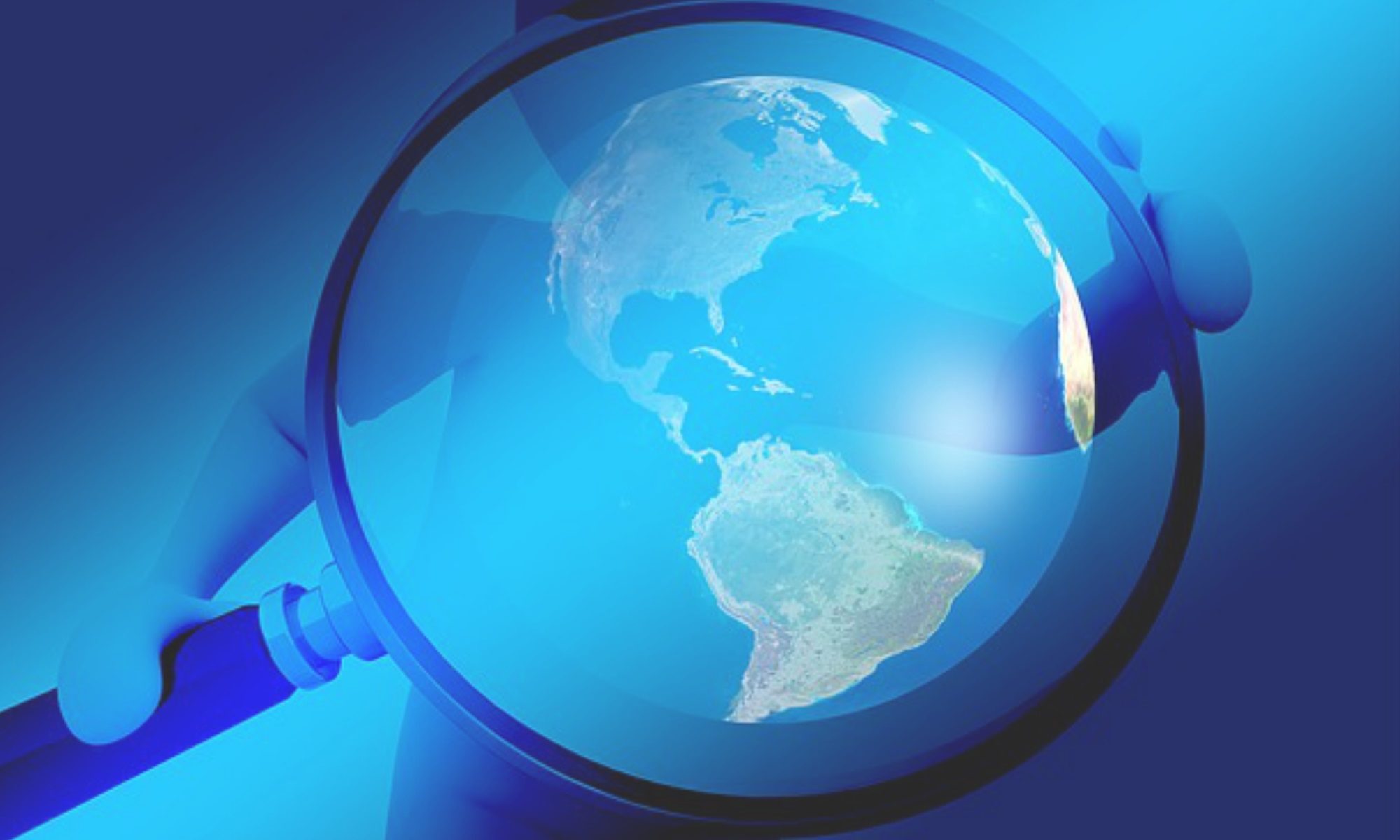6 Ways to Help Gauge Your Productivity
Are you productive or are you constantly busy? There is a major difference. Both types of individuals can get their to-do-lists done and can stay up to date on their schedule. However, the person that is truly productive will focus on things that have a greater impact on their lives and those around them.
Check out these six ways to help gauge your productivity:
1. Do you know your purpose?
Productive people set goals and stay aware of their daily schedule. They have a plan and mission for both the short and the long-term goals they’ve set. Productive people have a purpose and take pride in carrying it out.
2. Do you support your goals and have a system?
While you want to achieve your long-term goals and be successful, you need a system in place to pull that off. Track your progress and figure out benchmarks to help you stay the course. Your system should include marketing, sales, operations, productivity, costs, and be able to meet deadlines.
3. When do you feel most productive?
Are you a morning person or a late afternoon ninja? You may have a typical day job schedule, (9 am -5 pm) but that doesn’t mean you are productive the entire time you’re at work. Figure out when you are most productive. Then you must prioritize your tasks based on the importance they hold in your plan.
4. Are you a multi-tasker?
Studies have shown that multi-tasking does not equal productivity. If you are a multi-tasker, you may be more busy than productive. Give each task your complete focus rather than a scrambled version of trying to get too many things done at once.
5. Would you consider yourself indecisive?
If you struggle to make decisions, you may be wasting time thinking or over thinking about the situation. Be decisive and save yourself time. Ask yourself this question: Will this take me closer to reaching my goal or further away? If it takes you closer, proceed.
6. Are you a time tracker?
Those that track what they do can have a more realistic picture of how they spend their time. This will eliminate the time wasters and increase your productivity as a whole.
Review each of these to gauge your productivity and see if you are in line with your goals.
Send us your comments right now… we would love to hear your thoughts about this article.
Gary Brunson
gary@myclearfocus.com
Debra Rider
debra@myclearfocus.com
574.361.2674
Sustainable Growth & Profit Consultant, Coach, Mentor and Counselor/Therapist for Business Owners and Professional.


